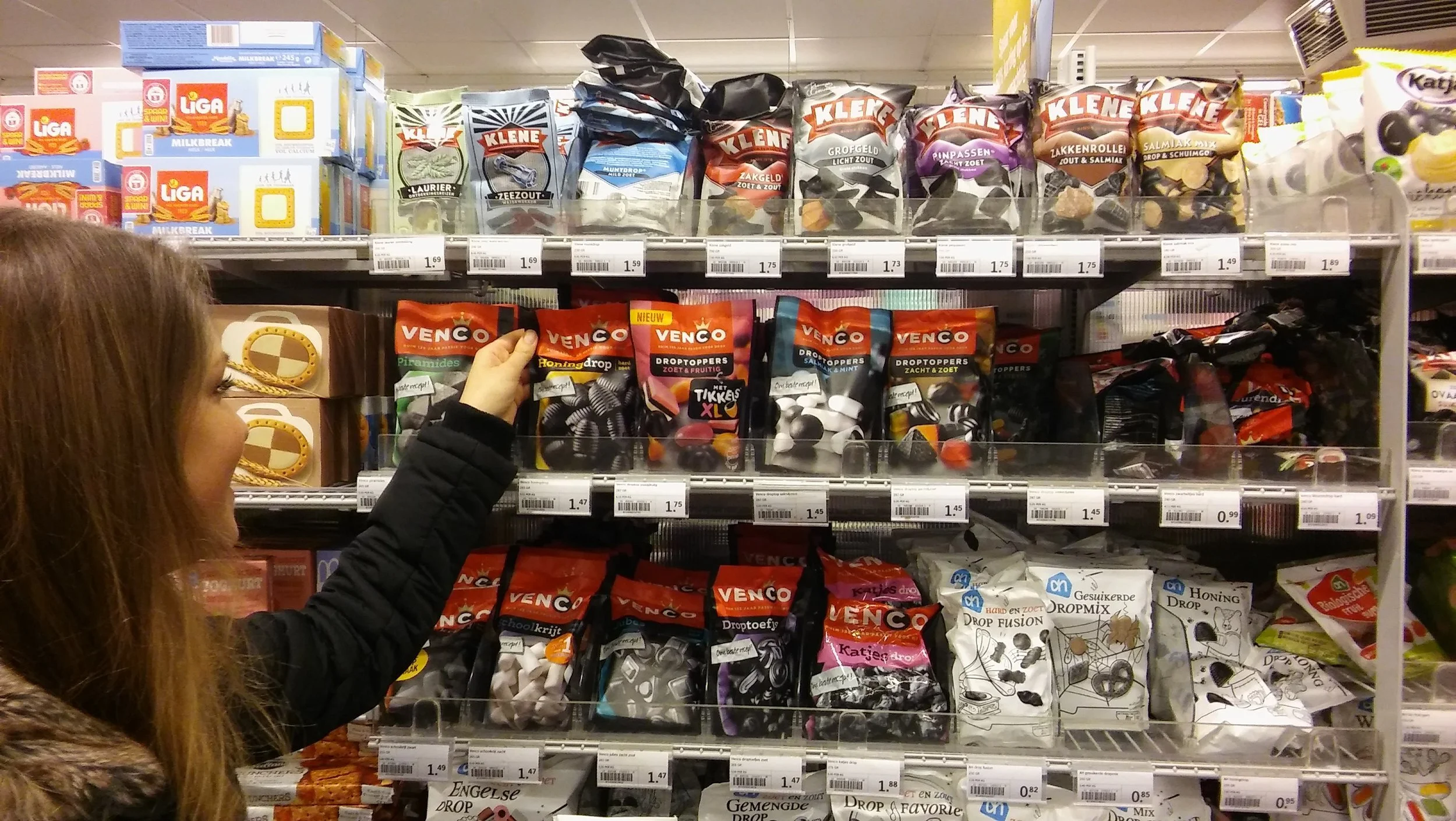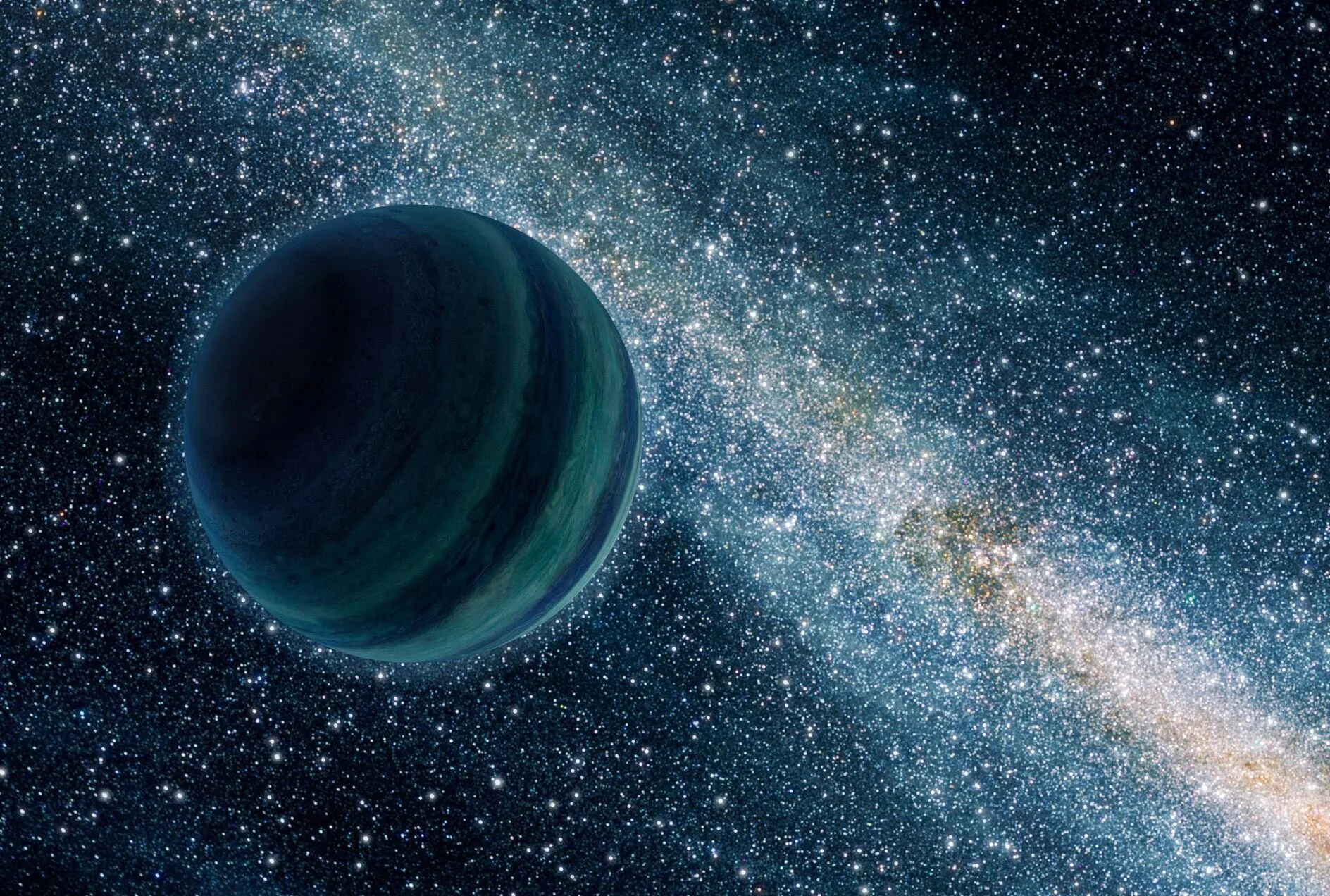As human society evolves it seems that we are separating ourselves from nature more and more. Some might ask whether we still a component of nature. Others might go a step further by asking: do we even still need nature at all? Oxford biologist Manual Berdoy explains his views on theis topic
Why we should move away from one-size-fits-all psychiatry in favor of 'precision psychiatry'
Future self-driving cars might be able to peek around corners and see obscured objects
How do I know if I might have coronavirus? 5 questions answered
Just how healthy is the air in your bedroom, classroom, or office?
Researchers discover a DNA damage pathway that might help with the development of new cancer treatments
How to make the perfect cup of coffee – with a little help from science
This unusual mini-robot can transport small packages without the use of any chips or batteries!
Tackling food waste with help from the internet of things
Why building Mars habitats from fungi instead of metal is a brilliant idea
Batteries made with sulfur could be cheaper, greener and hold more energy!
Battery technology is becoming more and more important in modern times. Not only do we use batteries in everyday devices like phones and laptops, but they are also used for large scale energy storage to support renewable power generation. On top of that, the electric car is getting more popular by the day. An innovative leap forward in battery technology could, therefore, be a BIG deal.
Instead of only mentioning calories, why not label food with the required physical activity to burn off those calories?
Alien life is out there, but our theories are probably steering us away from it
Scientists linked habitual tea drinking with an increased life expectancy
NASA discovered a potentially habitable, Earth-sized exoplanet!
Wrong way, go back: a proposed new tax on electric vehicles is a bad idea
Fasting at irregular intervals linked to a longer life and a better performing brain
What makes wine dry? It’s easy to taste, but much harder to measure
Research connects obesity during pregnancy to lag in the development and intelligence of boys
Future fossils will mainly consist of humans and their domesticated animals
According to scientists, humans and their animals now greatly outnumber the number of wild animals roaming the Earth. This ratio will be reflected in future fossil records. Our growing numbers, combined with our technological advances, have led to our impact on the natural word now being equal or even exceeding those of natural processes.














